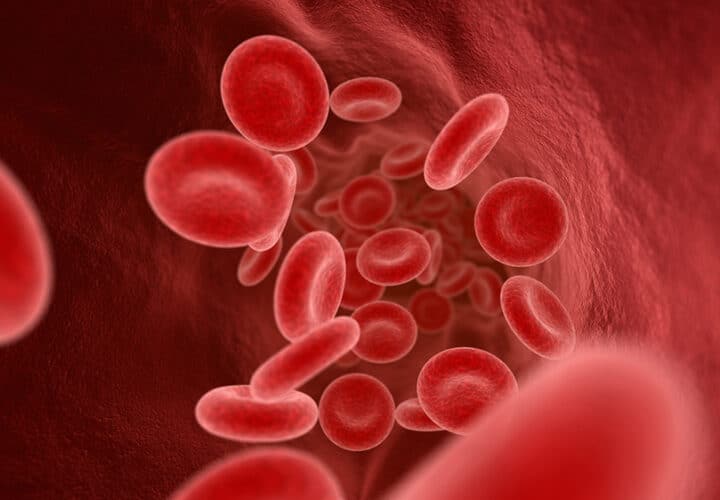Research links a brain parasite from cats to epilepsy, Parkinson's, Alzheimer's and other human neurological disorders.
A brain parasite that is typically transmitted to humans by cats has now been connected with several neurological disorders, including epilepsy, Parkinson’s, some cancers and Alzheimer’s. While more research is needed to assess the full impact of neurological damage inflicted by the parasite, known as Toxoplasma gondii, it’s a concerning finding, given that one in ten Americans are thought to be infected with the parasite.
The study mapped instances of the disease in 246 people. Scientists across 16 institutions pinpointed the pathways that seemed to be disturbed by the presence of the parasite, which may have allowed the parasite to alter the course of a disease, though more research is needed to determine if this was the case. They also found that children with severe infections that caused brain disease had the same proteins and microRNA that characterize neurodegeneration. They found evidence that the parasite altered genes associated with many neurological diseases.
“Our results provide insights into mechanisms whereby this parasite could cause these associated diseases under some circumstances. This work provides a systems roadmap to design medicines and vaccines to repair and prevent neuropathological effects of T. gondii on the human brain,” said co-author Dennis Steinler, Ph.D., in a statement.
T. gondii can be passed along one of three ways: from eating undercooked meat or contaminated meat, from handling cat feces or congenitally, from mother to unborn child. Cats get the disease from infected mice. Interestingly, the parasite causes mice to lose their sense of fear of the smell of cat urine. Humans can come into contact with it by ingesting the oocysts containing the parasite in the cat’s feces. This might happen after coming into contact with a litter box and not washing your hands, or by eating unwashed vegetables from soil that was contaminated by cat feces.
People with normal immune systems typically show no signs of T. gondii, but it has been correlated with increased suicide rates, schizophrenia, car accidents, rage disorders, seizure disorders and migraines. An estimated two billion people are infected with the parasite. While these findings shed light on the impact T. gondii might have on the brain, more research is needed to establish a strong correlation between the parasite and diseases like Alzheimer’s.
Read the full write-up here.



There are so many things being tested but where are the results & research, where’s the cure? Printing these kind of articles give fasle hope to people living this horrible journey called Alzheimers. Print when you have 100% proof that it’s a cure.
Sometime hope is stronger than anything else. Perhaps investigating this as an option may lead to a cure for some and trigger a more in depth investigation into this as a potential cause for many but not all people with these symptoms. It’s worth looking at for anyone with these symtoms
I was infected by eating rare (better described as raw) venison in 1965. It was detected following flue like symptoms and getting large hard knots in my neck causing my lymph nodes to be removed and the infection confirmed. It was treated but the titer continues (latest 1:128). I was just diagnosed with mild to moderate brain atrophy of both temporal lobes (AKA dementia). Connection?